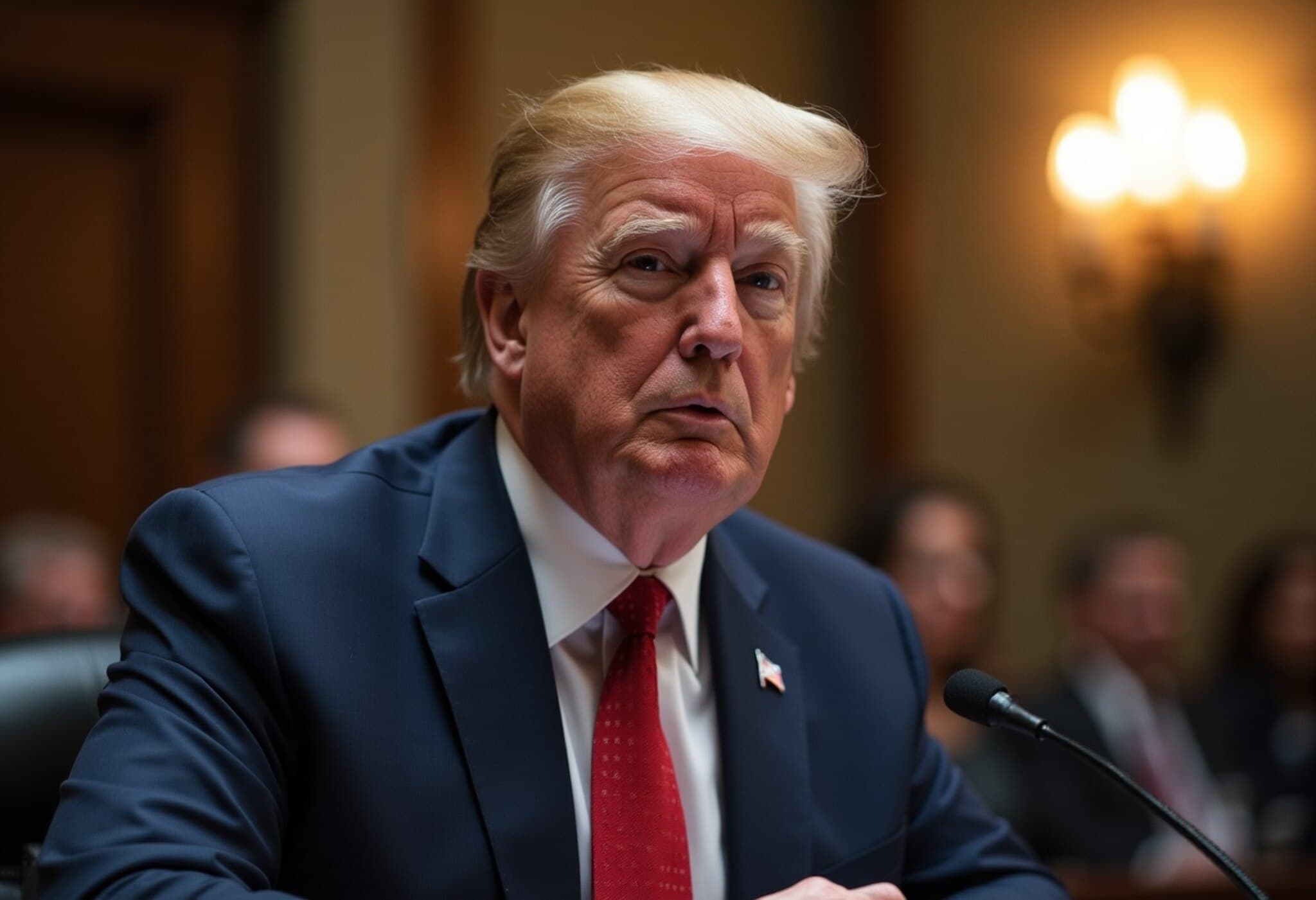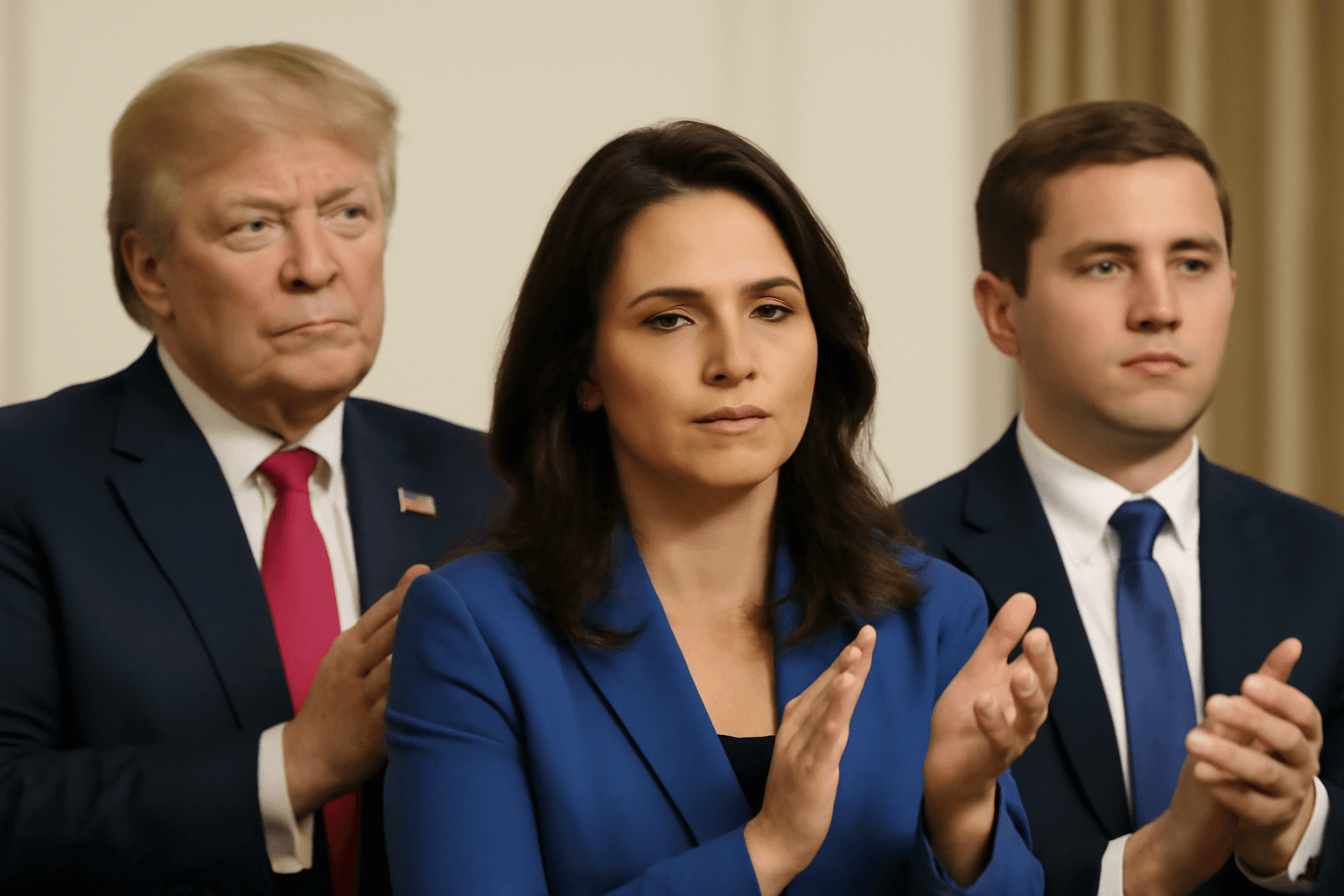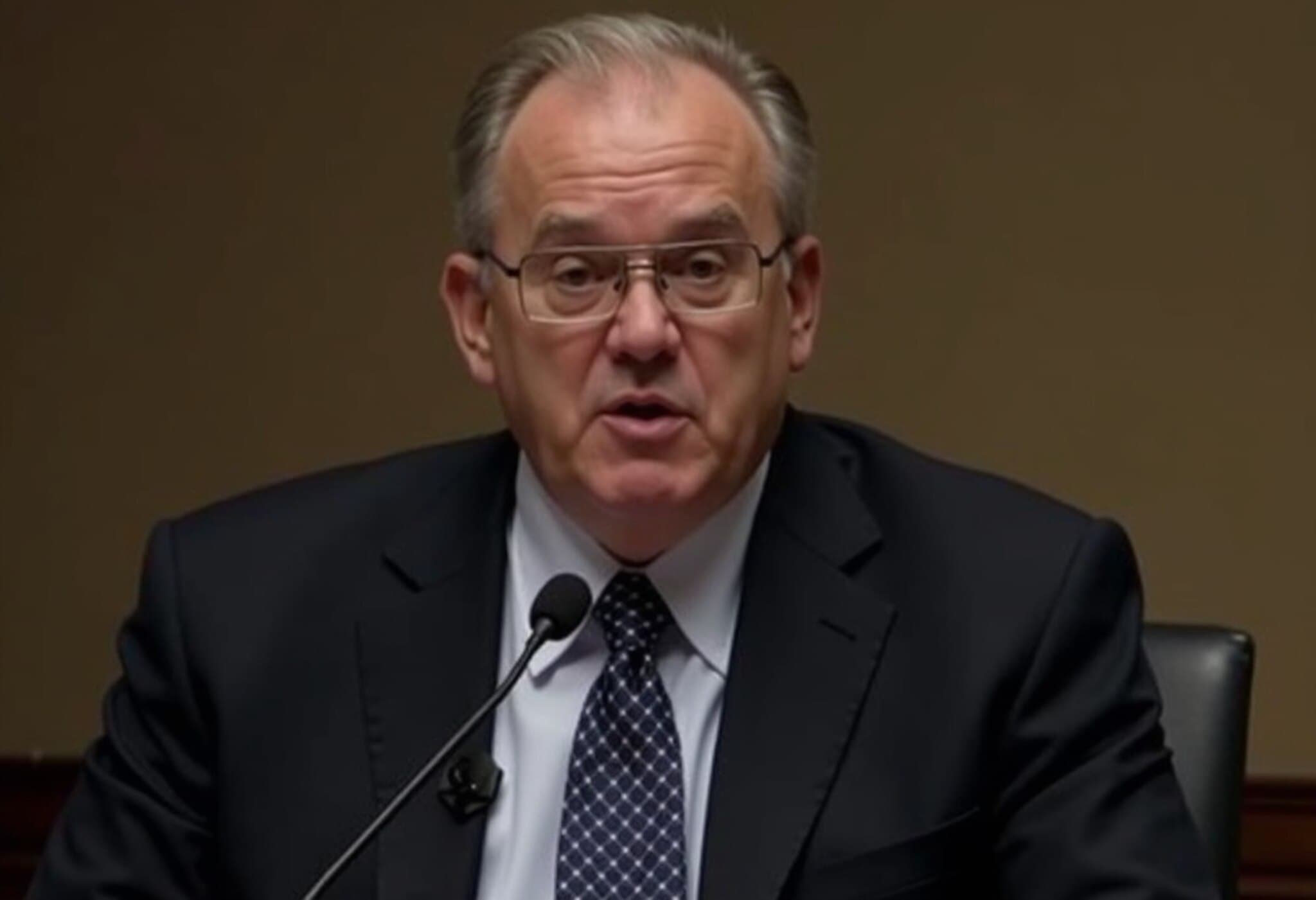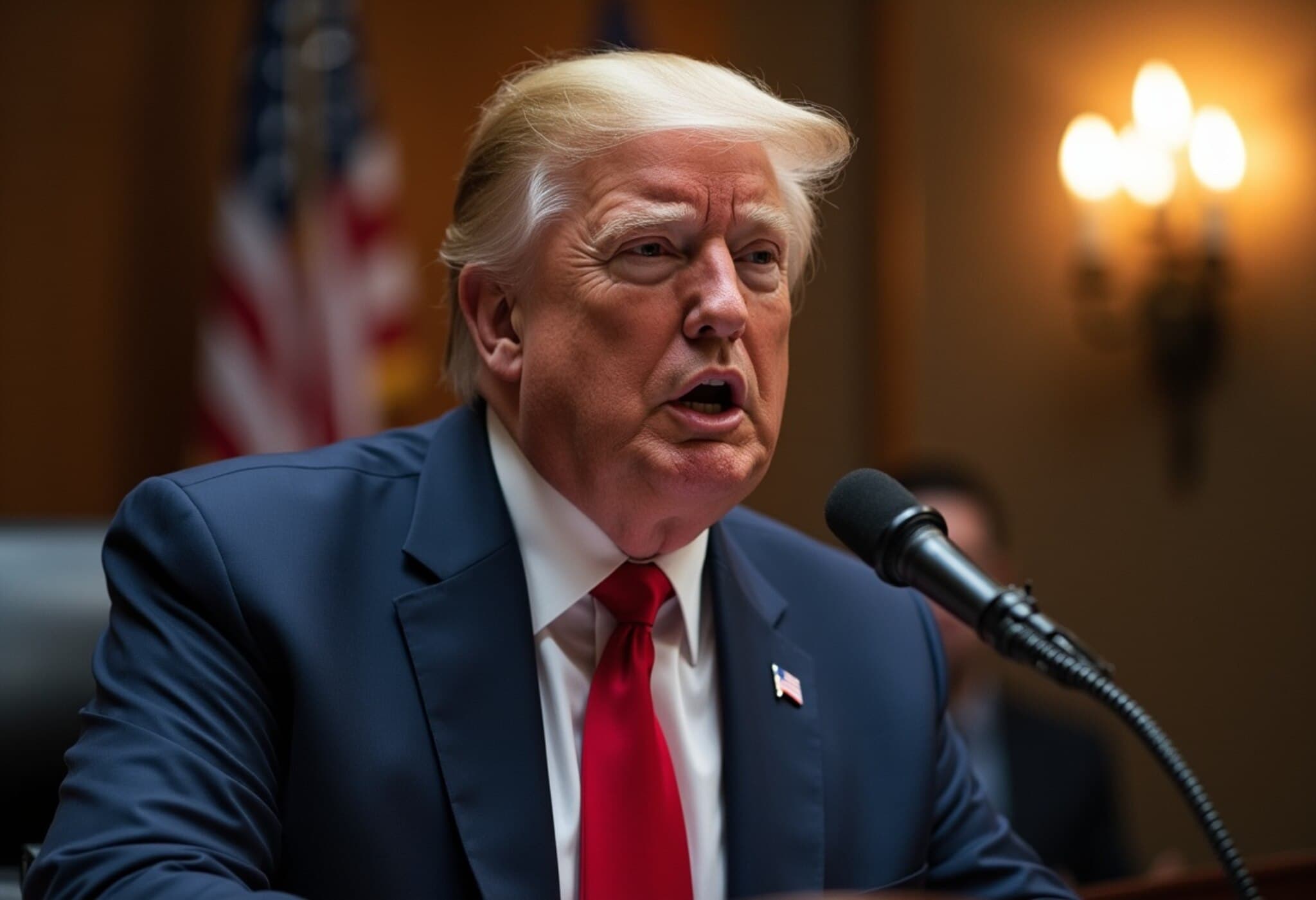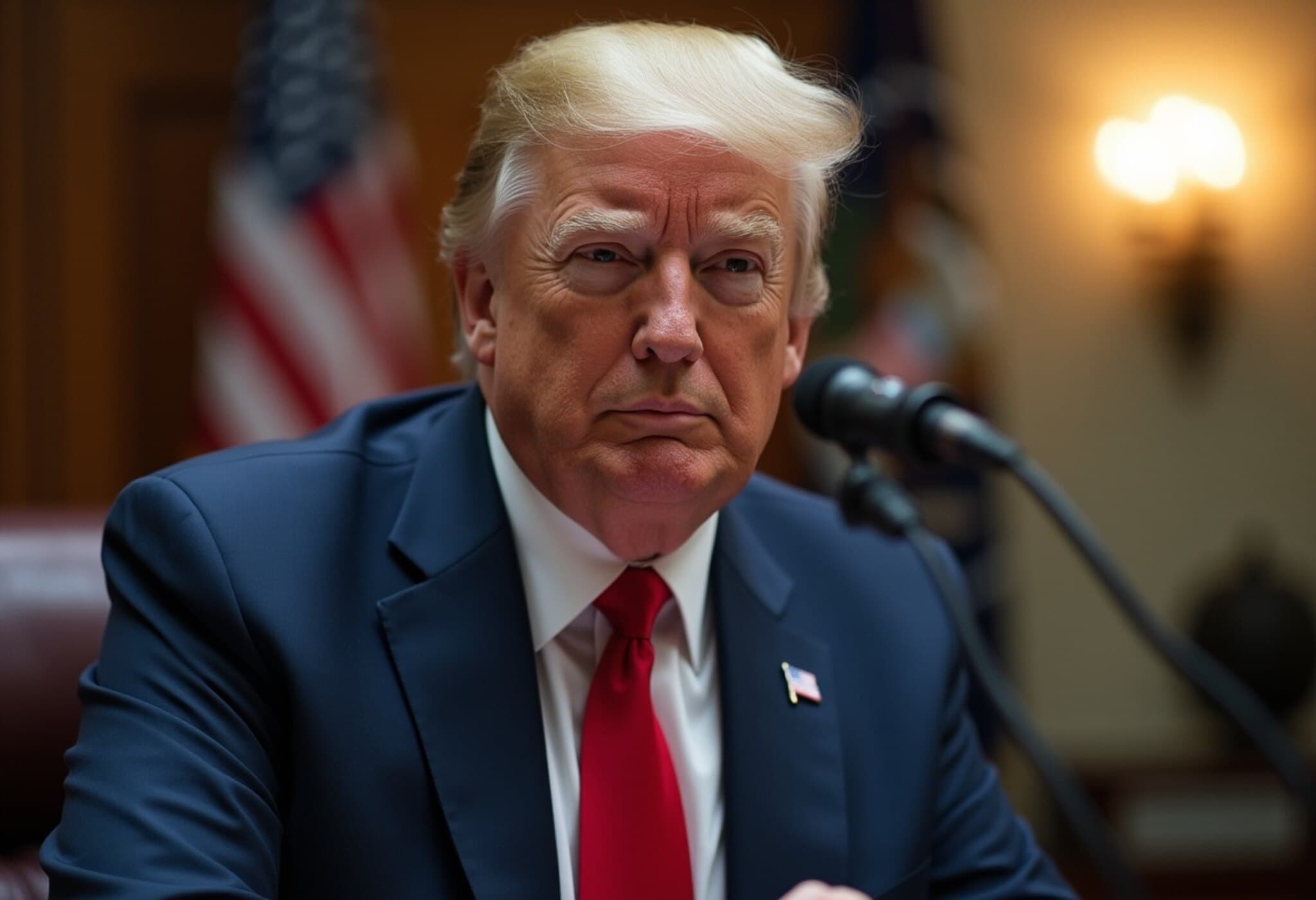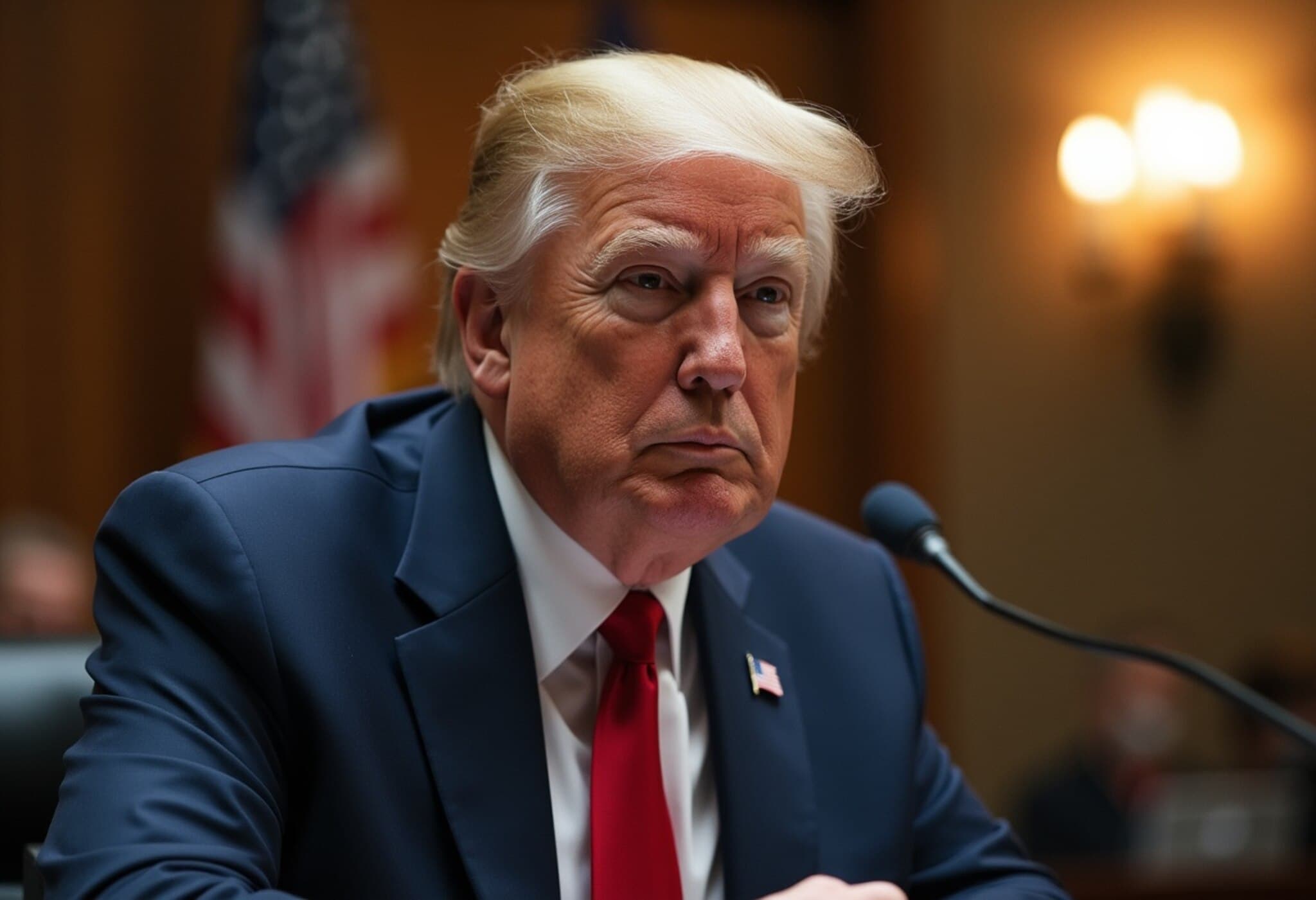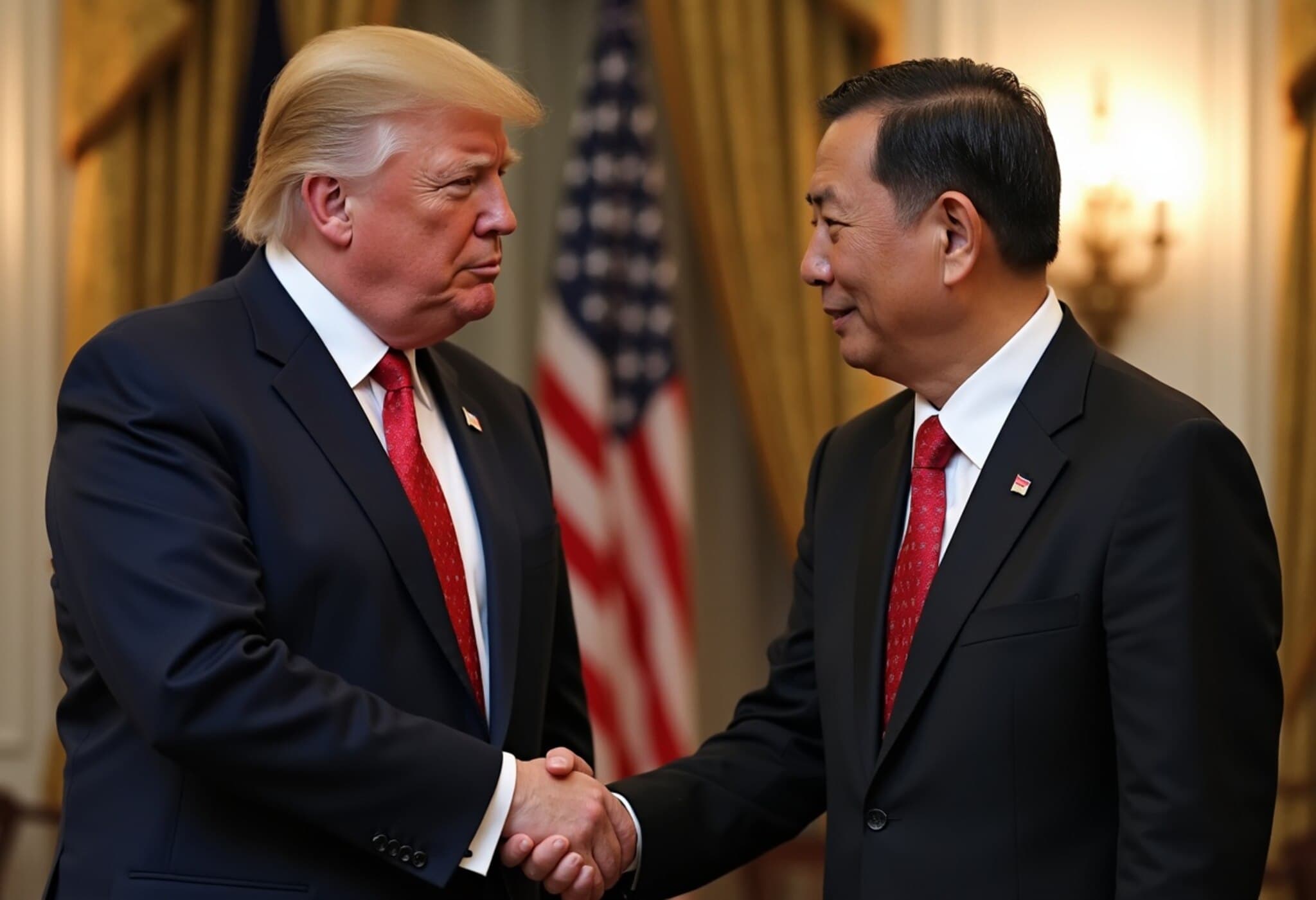House Speaker Moves August Recess Early Amid Epstein File Vote Controversy
In a surprising strategic move, House Speaker Mike Johnson (R-La.) announced on Tuesday that the House of Representatives will commence its August recess earlier than planned. This decision effectively sidesteps a series of anticipated votes on motions backed by Democrats demanding the release of Department of Justice (DOJ) investigative files pertaining to Jeffrey Epstein and his convicted associate, Ghislaine Maxwell.
Political Maneuvering Over Epstein Documents
Johnson defended the early recess, telling reporters, "There's no purpose for Congress to push an administration to do something that they're already doing." By framing the Democrats' efforts as political theater, Johnson suggested that urgent votes on disclosure would be premature, potentially jeopardizing sensitive investigative processes.
The House, controlled by Republicans, canceled the votes initially scheduled for Thursday and will begin its recess Wednesday afternoon. This decision leaves multiple unrelated legislative priorities on the docket unaddressed, raising questions about the broader implications for congressional productivity.
Balancing Transparency and Victim Protection
Johnson emphasized the importance of safeguarding victims' privacy while pursuing transparency, saying, "We can both call for full transparency and also protect victims." He cautioned against rushing disclosure efforts, urging trust in the DOJ and the administration to fulfill their responsibilities diligently.
Internal GOP Tensions Surface
The Speaker openly criticized fellow Republican Rep. Thomas Massie of Kentucky for collaborating with Democrat Rep. Ro Khanna on a discharge petition designed to compel the DOJ to release Epstein-related files.
"I don't understand Thomas Massie's motivation. He could have filed this petition at any point during the Biden administration," Johnson remarked sharply. Highlighting the timing coinciding with former President Trump's reelection campaign, Johnson questioned the strategic intent, suggesting partisan calculations at play.
Context: DOJ Efforts and Epstein Legacy
The DOJ has recently taken steps to address public criticisms regarding transparency on the Epstein-Maxwell cases. Last week, DOJ attorneys requested federal judges unseal transcripts of grand jury proceedings tied to Epstein and Maxwell's cases.
Deputy Attorney General Todd Blanche also indicated ongoing dialogue with Maxwell's defense counsel to explore whether she might provide further information about other potential perpetrators involved in abuses against victims.
Maxwell is currently serving a 20-year sentence for procuring and grooming minors for Epstein, who died by suicide in a federal jail in 2019 after being charged with child sex trafficking.
Trump Connection and Political Overtones
Blanche, a former criminal defense lawyer for Trump, operates in a politically charged atmosphere, as Trump's past association and subsequent falling out with Epstein occasionally resurface amid these investigations. Notably, Trump's multiple indictments following his presidency add complex layers to ongoing legal and political narratives.
Oversight Committee Vows Continued Pursuit
The House Oversight Committee, which continues to investigate Epstein-related matters, announced plans to subpoena Maxwell "as expeditiously as possible," signaling that such inquiries will proceed even during the recess period.
This ongoing scrutiny reflects a broader commitment within Congress to seek accountability and safeguard victims, even as political dynamics complicate the legislative arena.
Expert Insight: The Broader Implications
The Speaker’s move to accelerate the recess at this critical juncture highlights a growing trend of prioritizing political strategy over legislative transparency and responsiveness. In the context of Epstein's case, where public demand for clarity is high, such maneuvers risk diminishing trust in congressional oversight.
From a policy perspective, the tension encapsulates a perennial challenge: balancing the urgent public right to transparency against procedural safeguards intended to protect victims and ensure due process. The political polarization surrounding these decisions is a key factor undermining bipartisan progress.
Looking Ahead: Key Questions
- Will the DOJ fully and timely disclose the files in a manner that respects victims’ rights?
- How will intra-party disputes within the GOP affect future oversight on sensitive investigations?
- What impact will this early recess have on other legislative priorities during a pivotal election year?
Editor’s Note
The House’s early recess decision sheds light on the complex interplay between political strategy and justice in high-profile cases like Epstein’s. While protecting victims remains paramount, the public’s demand for transparency challenges lawmakers to rise above partisanship. This episode invites readers to critically assess how political calculus may delay accountability, even when the stakes — justice for victims and institutional trust — are undeniably high. As investigations continue, the question remains: can Congress effectively balance these competing imperatives in a polarized climate?

